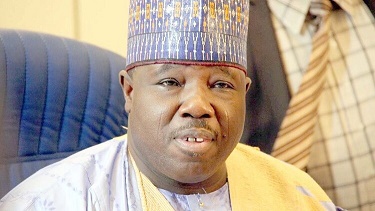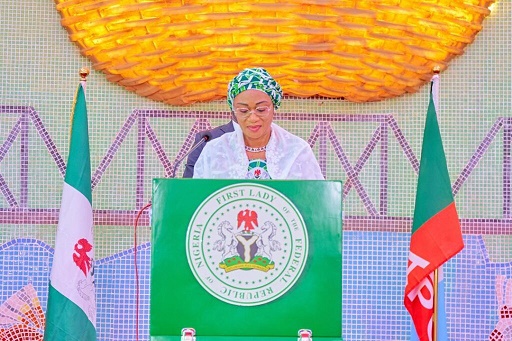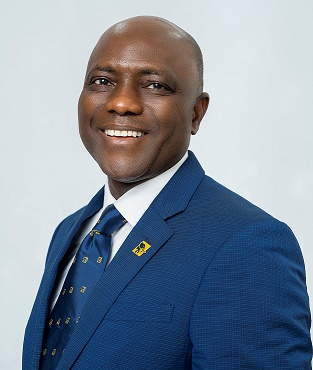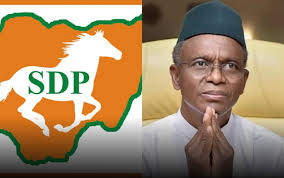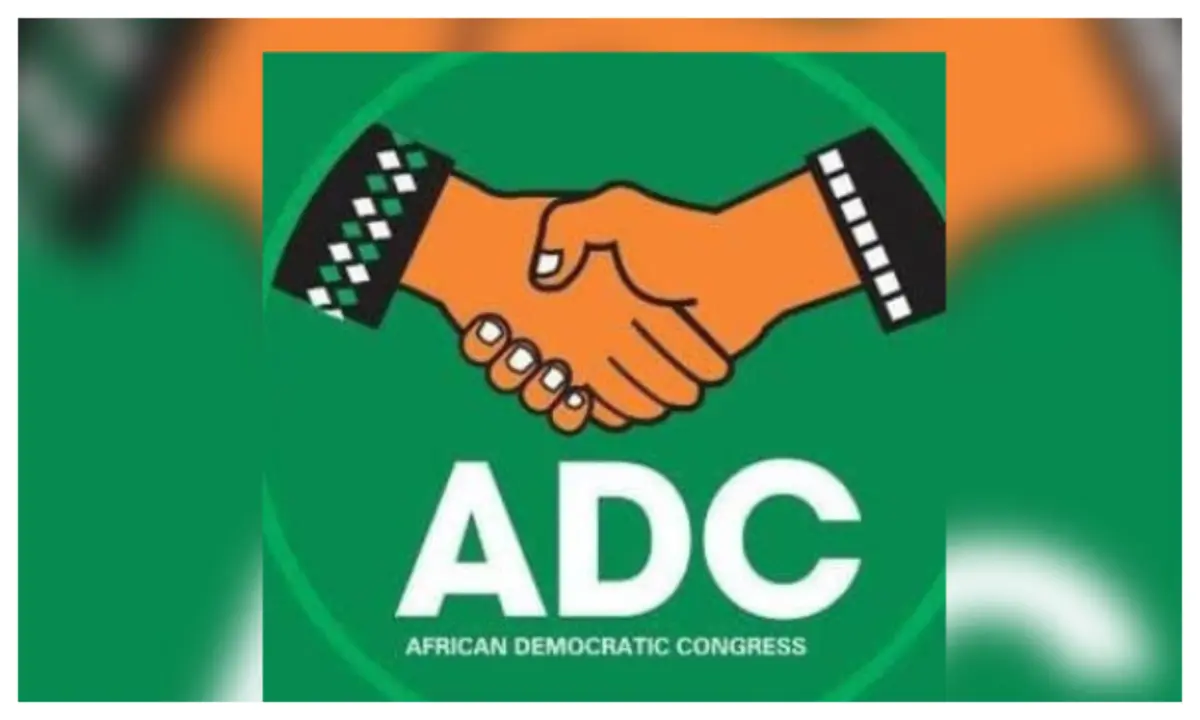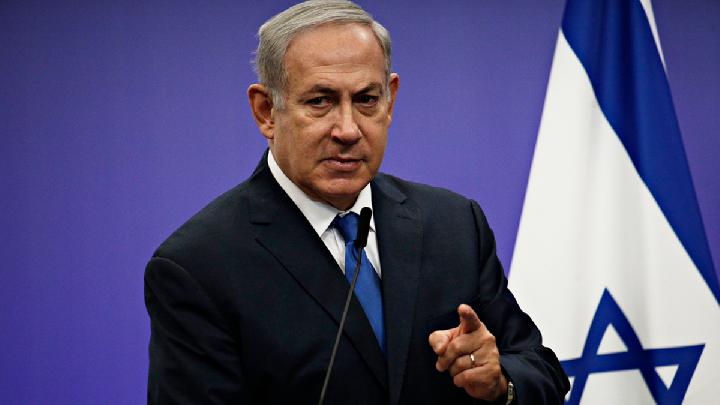An Israeli court on Sunday postponed Prime Minister Benjamin Netanyahu’s testimony in his long-running corruption trial, citing national security priorities and an appeal supported by U.S. President Donald Trump.
The Jerusalem District Court’s ruling, shared by Netanyahu’s Likud party, stated that it had “partially accepted” the prime minister’s request and cancelled his scheduled court appearances for the coming week.
Netanyahu’s legal team had argued for a delay, submitting his official schedule and citing urgent national security matters, including fallout from a recent ceasefire with Iran and ongoing military operations in Gaza, where Israeli hostages remain in captivity.
Initially, the court rejected the request but reversed course after hearing arguments from top Israeli security officials, including the head of military intelligence and the director of Mossad.
Trump’s intervention added an international dimension to the case. On Wednesday, he labeled the trial a “witch hunt” and demanded it be “CANCELLED, IMMEDIATELY” or that Netanyahu receive a pardon. In a Truth Social post on Saturday, Trump warned that the U.S. “was not going to stand” for the prosecution to continue.
Netanyahu responded with gratitude, thanking Trump on social media for his “unwavering support,” including during Israel’s recent military engagement with Iran, which ended on June 24.
The opposition, however, condemned Trump’s comments. Yair Lapid, Israel’s opposition leader, said, “Trump should not interfere in a judicial trial in an independent country.”
Netanyahu has denied any wrongdoing. The first of three charges alleges that he and his wife, Sara, accepted gifts worth over $260,000—including cigars, champagne, and jewelry—from wealthy businessmen in exchange for political favours. He is also accused of offering regulatory benefits in return for favourable media coverage.
The trial, which began in 2020, has faced multiple delays, including several at Netanyahu’s request. Meanwhile, his administration’s controversial judicial overhaul efforts have fueled claims that the reforms were aimed at undermining the independence of the courts handling his case.


